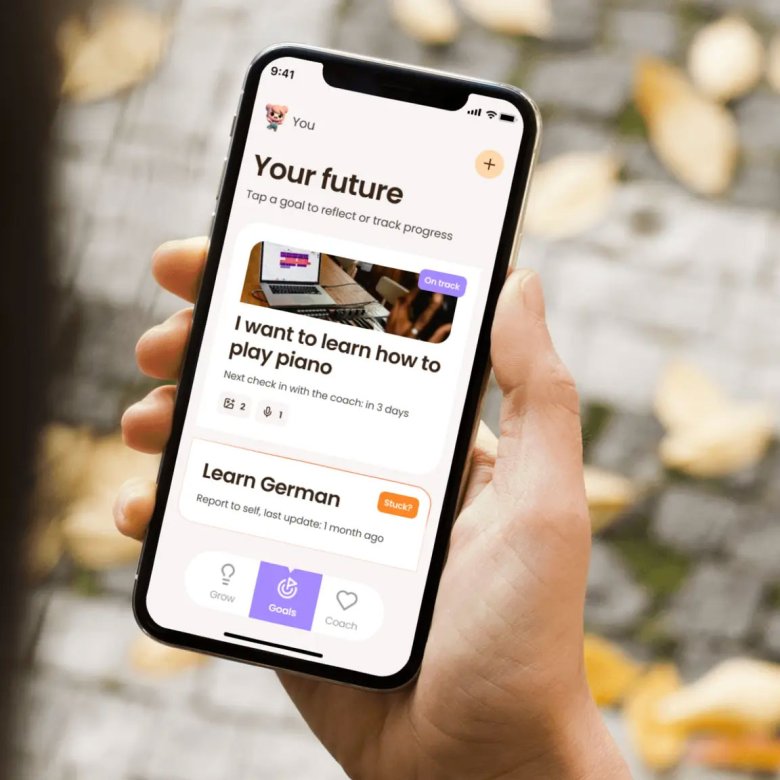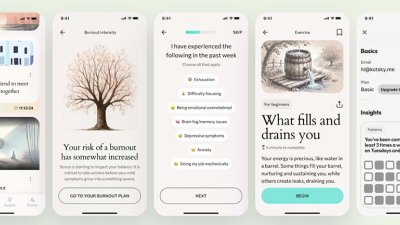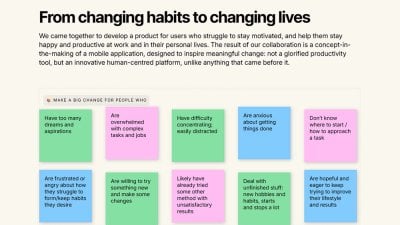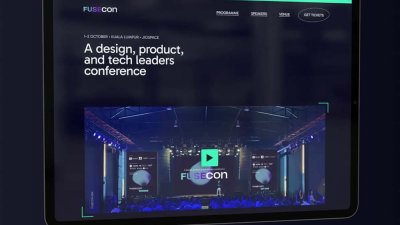User Experience graduate on exploring scent, further study and starting a business
18 September 2025

When we think about digital design, we tend to think of screens, buttons and code. For User Experience Design MA (Online) graduate Kristian Mikhel, he thinks about smell.
That curiosity inspired his final project ‘The Scent of UX’ which asked how olfactory (sense of smell) design might enhance digital products and change the way we interact with technology.
Kristian has since travelled across the world to the University of Tasmania, where he is researching new ways of communicating the impact of air pollution. We caught up with Kristian to hear about the role design can play in tackling global challenges and how his time at Falmouth helped him to forge an innovative academic path.
Why did you choose to study at Falmouth?
I am a self-taught product designer. It took me some time to curate and shortlist a number of courses, and I chose Falmouth for the University’s history and legacy as a school of art, the course’s comprehensive curriculum, and the combination of self-paced, project-based learning and online lectures.
What first sparked your interest in olfactory design for digital products?
Every human experience in the real world is accompanied and enriched by smells. Scents play a variety of roles in guiding our actions and shaping our identities: from evoking powerful emotions and forging bonds to protecting us from danger. The digital world is struggling to find a way to incorporate scents into virtual experiences and spaces, but not for lack of trying. There are many challenges to be solved, from creating authentic artificial smells to developing an effective mode of delivery, but the potential is incredible. I thought it would be a fun exercise to imagine what the future of olfactory-enhanced digital experiences might look like.
How did you structure the research for the final project of your User Experience Design MA?
The final project was by far the most challenging and most exciting of them all. Olfactory design was not there right away: it surfaced when I was looking into memory storage and retrieval, and the connection between memories and scents, as I later learned, was so strong it looked like a promising area for deeper inquiry. How might we use scents to help people preserve and relive memorable moments? From then on, the journey was quite straightforward and relatively smooth.
Which modules or briefs most shifted your practice, and why?
I would name two modules as the most impactful. The very first module taught me how to incorporate critical reflection into design practice (I even wrote an article on this topic for Smashing Magazine). The final project encouraged me to venture into the unknown as a researcher and keep my mind open instead of fixating on the desired outcome; a mindset that helped me survive my first year as a PhD candidate. Speaking of my PhD and tutors having a significant impact on my practice, course leader Liz Coulter-Smith is largely responsible for my decision to pursue a doctorate: her encouragement, guidance and support helped me believe in myself, muster the courage to apply, and secure a great opportunity at the University of Tasmania.




You're now studying a PhD at the University of Tasmania. How is it going, and what is the focus?
I am privileged to work under the supervision of the renowned Fay Johnston, the world’s leading expert in air pollution. My research is focused on pollution communication: I am examining community-led interventions for clean air in rural Australia. My background in design comes in handy: my research is qualitative in nature, my projects feature many creative elements, and I approach each as a design challenge: frame clear problem statements, manage stakeholders, work with users, design and test solutions, reflect, improve and repeat. To a certain degree, my position and self-perception as an outsider and an impostor help me establish stronger connections with community members, empathise with them, and advocate for their needs.
You also started your own business, Paper & Pain. How's it going?
Paper & Pain was conceptualised as a “design agency for good”, a reminder that design holds the power to transform the world, and as such, must be used to benefit people. We believe that technology can be affordable and impactful at the same time, that it should solve problems instead of multiplying them, and that good products are those that respect their users, not exploit their weaknesses for profit.
Our core team is intentionally small, and we are very selective when it comes to choosing our projects, clients and initiatives. Our goal is to help build great products that provide affordable, sustainable solutions to real problems, to educate designers, engineers and product leaders on the importance of good design, and to keep learning and growing. And, of course, to have fun in the process.
